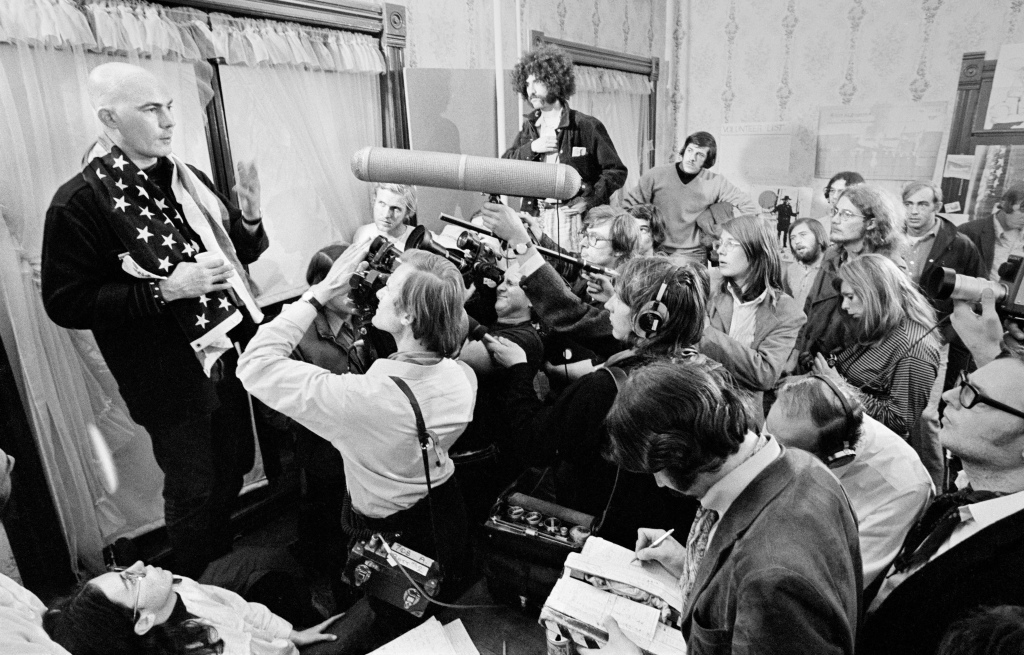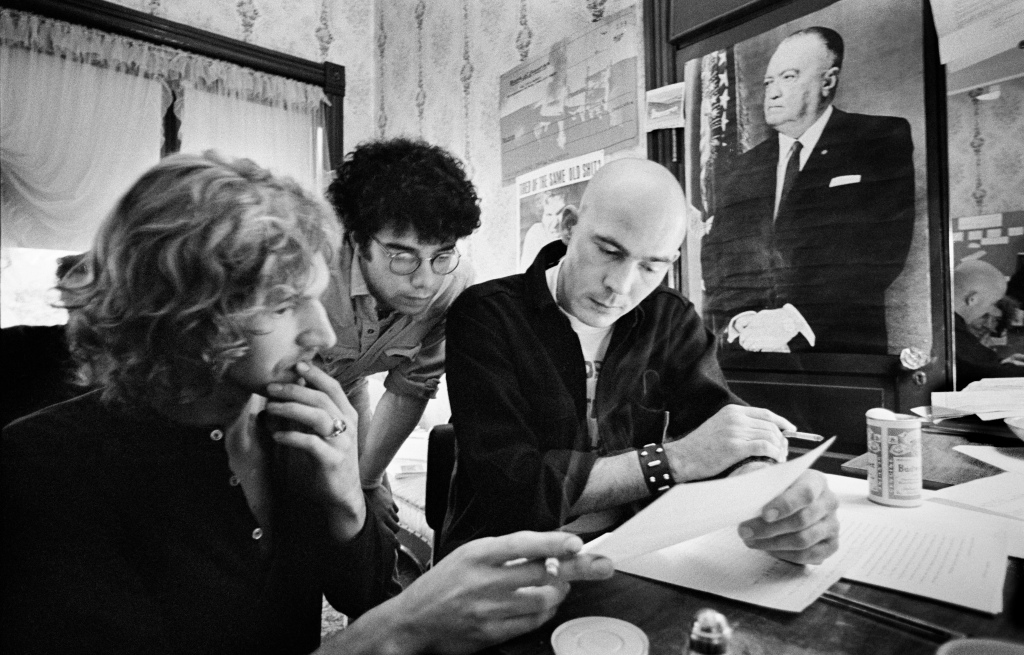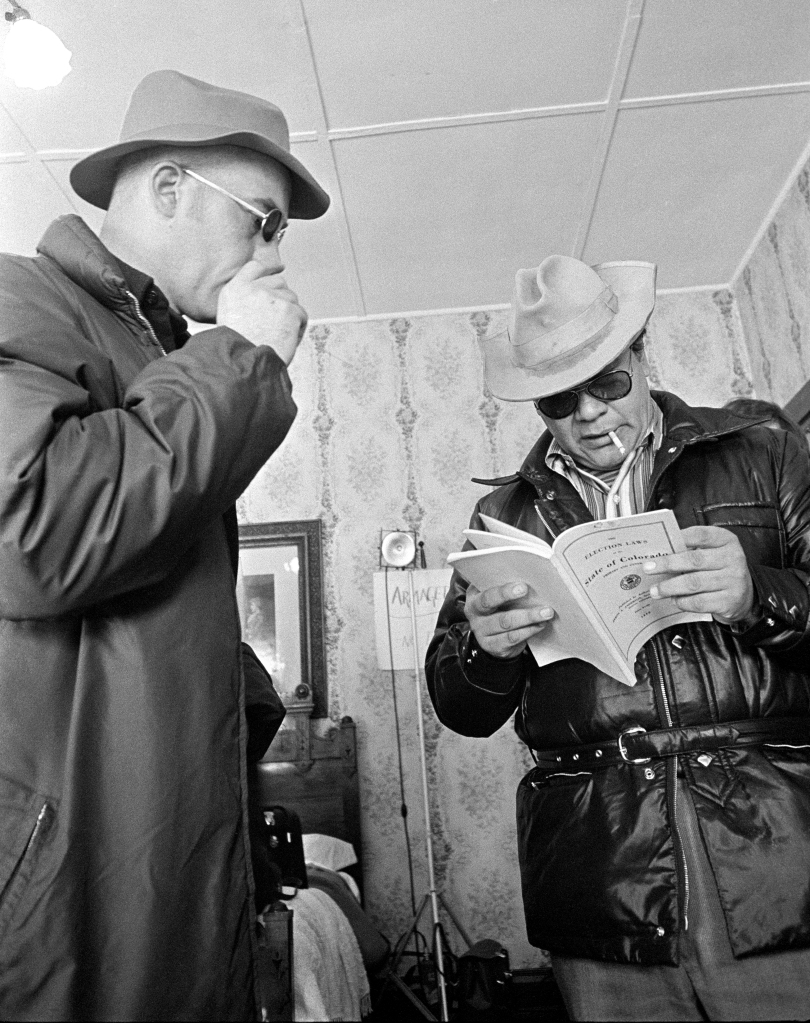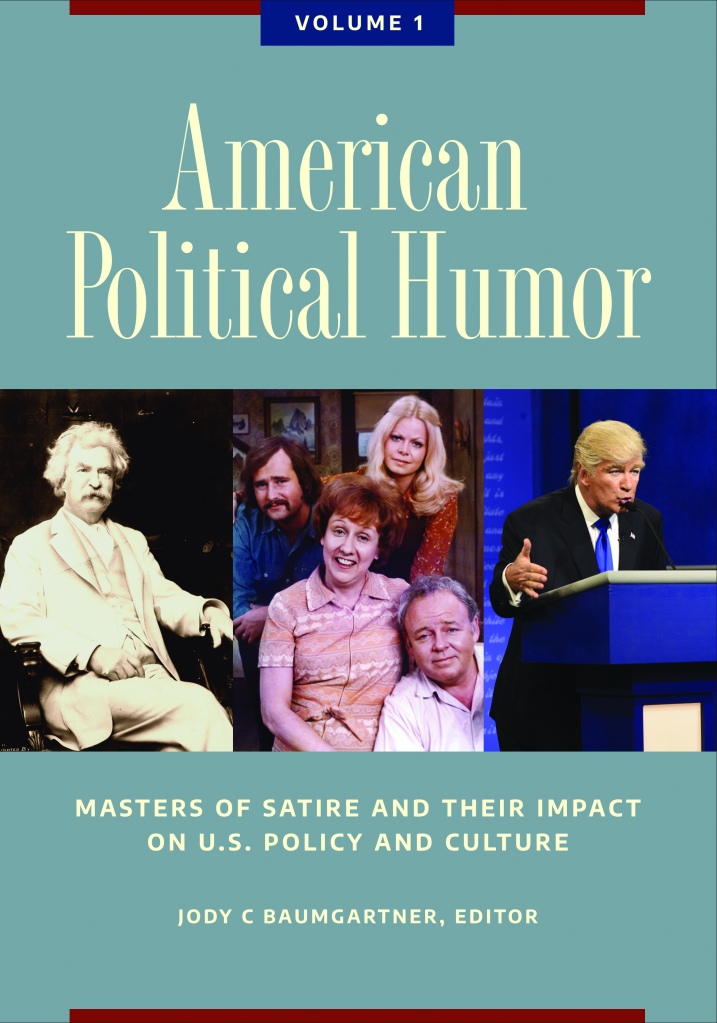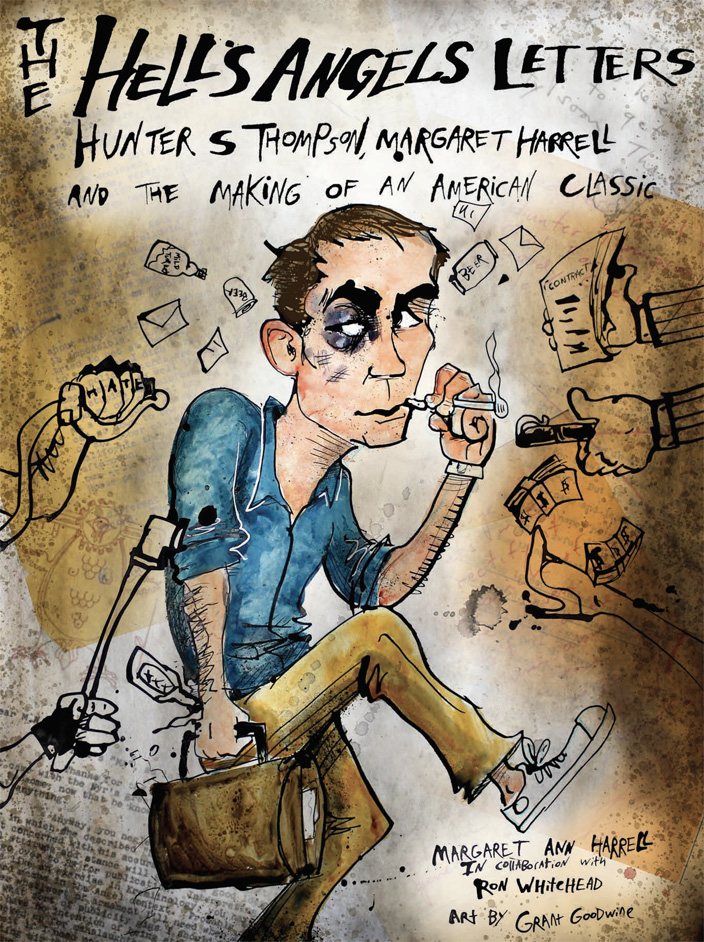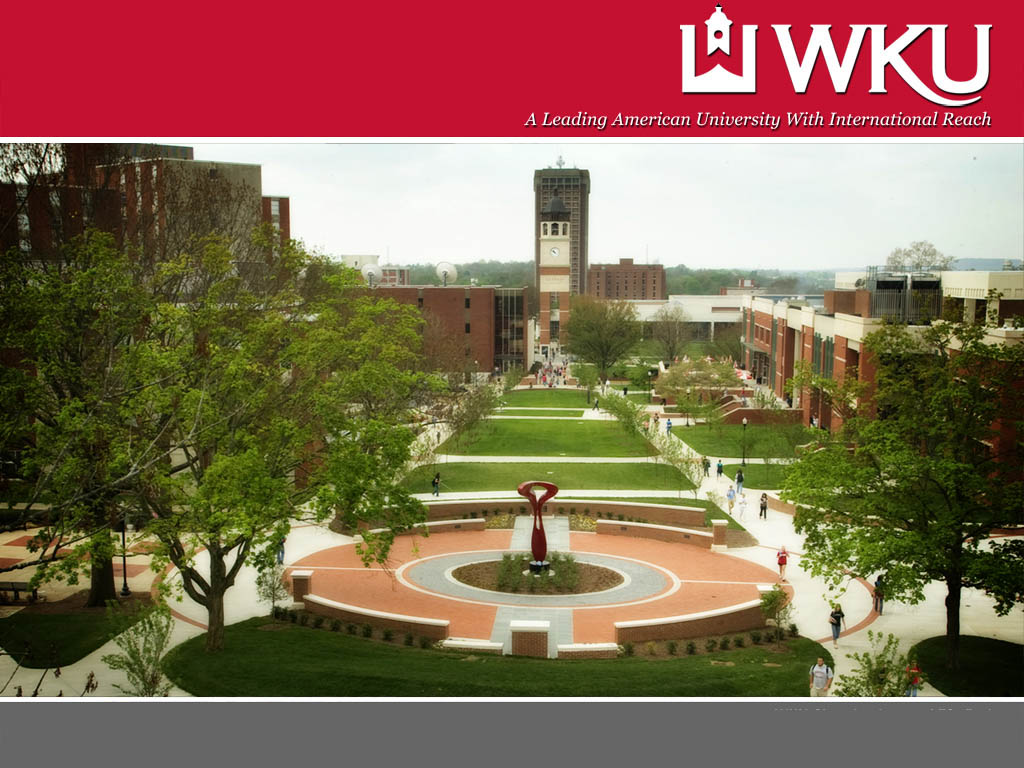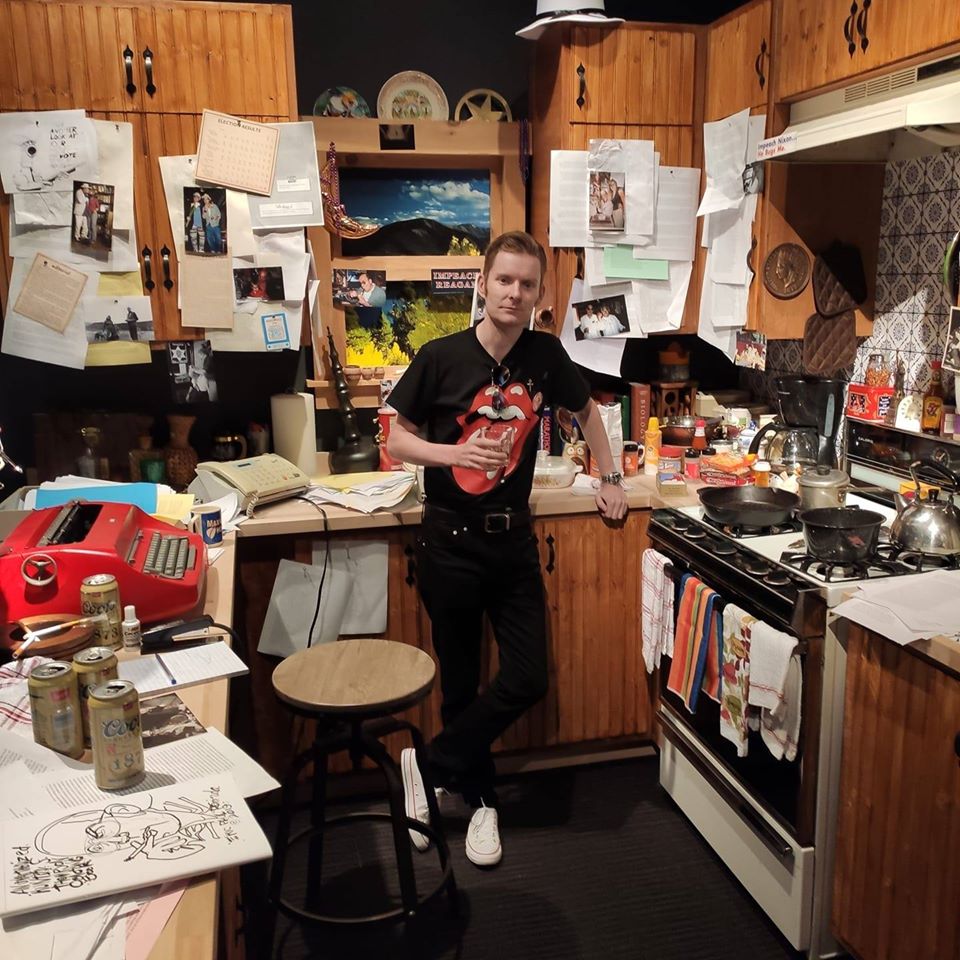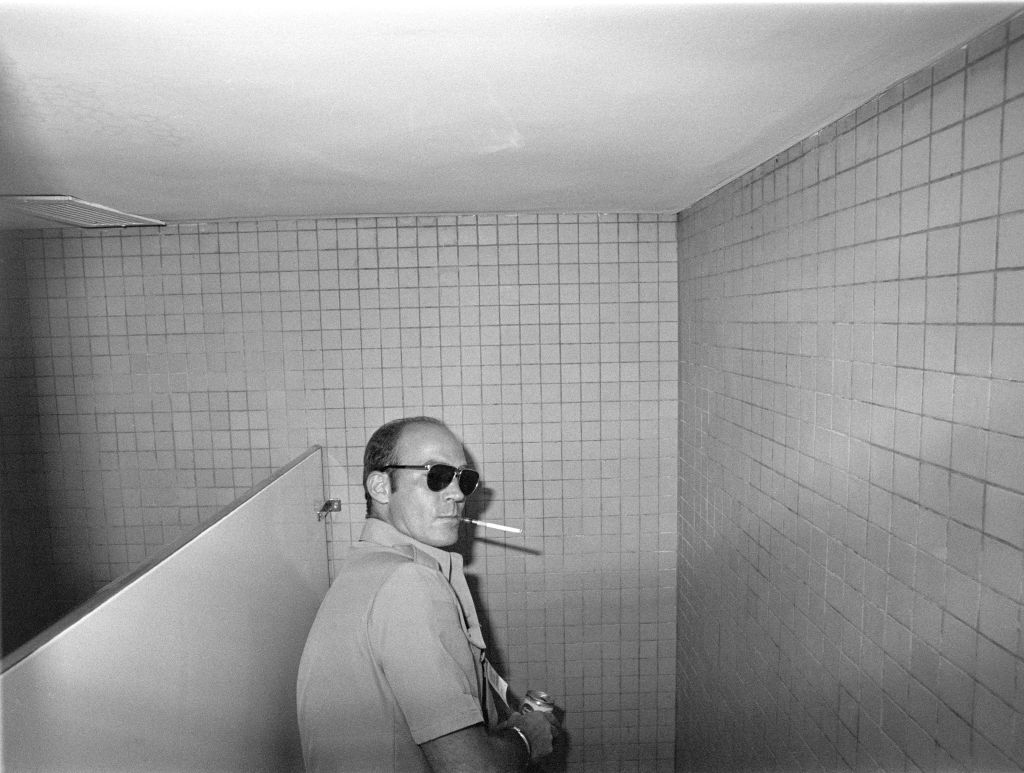
The Right Reverend Hunter Stockton Thompson, Doctor of Divinity, at the Democratic National Convention, NYC, July 15, 1976. (Credit: Brownie Harris/Corbis via Getty Images)
Hey guys,
I recently wrote an article for SPIN about Hunter and The Missionaries of the New Truth, the church where Hunter obtained his doctorate in divinity. See below for an excerpt and link to the full story over at Spin.com
– Rory
“Thompson had been officially conferred as a Doctor of Divinity by the church on July 10th, 1970 after a suggestion of his Wallposter collaborator and friend, Tom Benton, who later explained:
AT SOME POINT SOMEBODY HAD BOUGHT ME A SUBSCRIPTION TO THE LOS ANGELES FREE PRESS, AND EVERY WEEK I’D GET IT, AND THE BACK PAGE ALWAYS HAD THIS AD — “GET YOUR DOCTORATE OF DIVINITY DEGREE FOR $10” — SO I WENT TO HUNTER AND SAID, “LOOK MAN. WOULDN’T IT BE NICE IF WE CALLED OURSELVES “DR. THOMPSON” AND “DR. BENTON?” […] WE GOT THEM, AND HUNTER SAID, “THIS IS GREAT, BECAUSE YOU GET CUT RATES ON HOTELS. AND YOU KNOW, IT ALWAYS SOUNDS GOOD IN AN AIRPORT WHEN YOU HEAR ‘PAGING DR. THOMPSON.’” TOM BENTON, QUOTED IN “GONZO: THE LIFE OF HUNTER S. THOMPSON” BY COREY SEYMOUR AND JANN S. WENNER
Of course, it didn’t take long for Thompson to exercise his new ecclesiastical powers; he officiated a wedding with somewhat mixed results, with Thompson scaring the living daylights out of the bride-to-be courtesy of an electrotherapy device that he waved in her face, resulting in an electrical current arcing across from the gadget, hitting her on the nose. Afterwards he made a deal with Benton: “You do all the weddings and I’ll do all the funerals.”
Established in 1969 under the auspices of Frederick W. Zurndorfer and David A. Muncaster of Chicago, The Missionaries of the New Truth had first come to public attention in early 1970 when various reporters had profiled the church, having successfully purchased mail order doctorates. The articles focused mainly on the advantages of membership that were pushed heavily in the Church’s advertising, from tax benefits to discounts in hotels, theatres and transportation companies for members of the clergy. Another major claimed selling point was that ordained ministers could obtain privileges and exemptions from local, state, and federal governments and the armed forces, specifically the draft.
Writing for the Sun-Tattler in Hollywood, Florida, Arthur Rosett reported that according to B.L. David, then Hollywood city attorney — “There is nothing in the legal code of the state of Florida that prevents you from solemnizing marriages. After all, you are an ordained minister from a church recognised and incorporated under the laws of the state of Illinois. As for your other privileges, it sounds water-tight Reverend.”
Ecclesiastical figures were not so enthused by the Missionaries of the New Truth however, with Reverend Roy B. Connor D.D. of the First Presbyterian Church of Hollywood offering his view of the newfound Church – “I am aware that this goes on. My personal feeling is that it is of more interest and profitable to an individual than it is to the people of a community. However, it is perfectly legal and there is nothing we can do about it.”
As public interest in the Church grew, so too did opposition to its existence. In a June 1970 profile on the group in the Vermont press, Judge J. William O’ Brien was vehement in his condemnation: “There’s no question about it in my mind. There are some people behind this sort of thing who are out to destroy organized religion by setting up these cults. And this sort of thing will work to the detriment of sincere groups who want to start a different religion and have something to offer.” Scrutiny also began to fall upon the figures behind the Church itself. Though Frederich W. Zurndorfer was Dean of the Church, whose signature appeared on the issued doctoral certificates, alongside Archbishop A.M. Essary, the central figurehead and voice of the church was Archbishop David A. Muncaster. It was Muncaster who authored the official creed of the church, in which he outlined the central tenets by which members agreed to abide.
“We believe in man as a seeker of Truth,” proclaims the creed. “We believe the nobility of man lies in the seeking of these truths. If a man is to live a meaningful, happy life, he must seek the truth.” As the Rev. George Lambert D.D., a fellow Truther, observed in his article for the Burlington Free Press, — “when it comes to procedure on seeking the Truth and just what constitutes ‘The Truth,’ Archbishop Muncaster begins to hedge.”
“We believe that certain Truths all differ for each man, as each man is different […] for this reason we place no restrictions on man’s search for Truth except that he follow his best convictions with honesty and integrity. We thus exhort all our members to seek the Truth by all just means in any place and in any way they see fit.” Muncaster closed out the Creed with a simple declaration: “We pledge to keep our faith as free as possible from encumbering dogma and stultifying moral and social strictures.”
